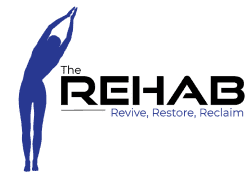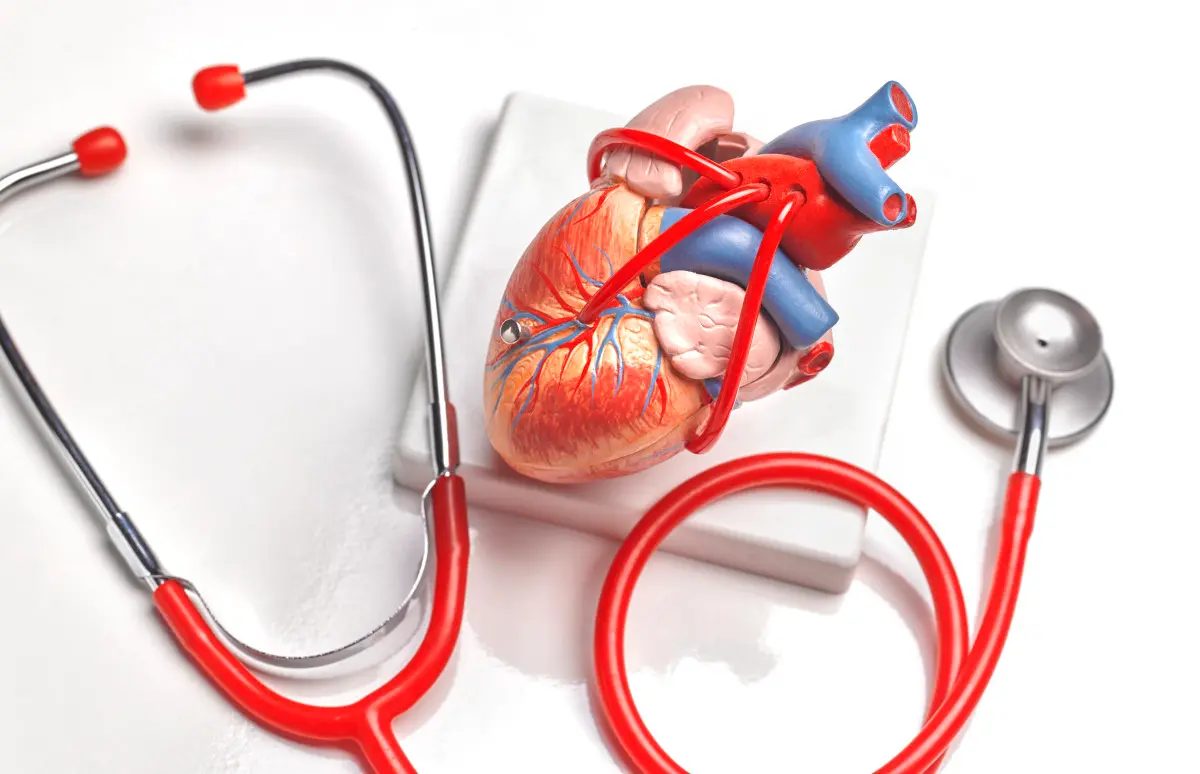Recovery after a cardiac event can feel like a daunting task. Between adjusting to a new normal,
the right medications, and how to begin exercising safely, patients face a lot of uncertainty.
That’s where choosing a physician-supervised cardiac rehabilitation program can provide
essential support during this time.
1. Safety You Can Trust
Physician-supervised cardiac rehab provides a secure environment while patients recover from
their cardiac event. Since exercise carries inherent risks – especially in the early stages of
recovery, being in a program with immediate access to healthcare professionals is vital. These
programs typically involve a multidisciplinary team – including exercise physiologists, dietitians,
nurses and psychologists – to deliver comprehensive care. Patients always have continuous
monitoring of heart rate, rhythm and blood pressure to ensure vitals remain stable and recover
properly after exercise. There is also prompt response to any warning signs such as chest pain,
arrhythmias, shortness of breath.
2. Clinical Care Tailored to You
Recovery isn’t one-size-fits-all. In supervised programs, clinicians monitor vitals and recovery in
relation to medication doses (e.g., beta blockers, anticoagulants), tailor exercise protocols to your
heart’s condition and other health concerns, and guide lifestyle adjustments like quitting smoking
or managing weight. Cardiac rehab programs typically see patients 2–3 times weekly over the
course of approximately 36 visits to allow for adjustments.
3. Reclaim Your Quality of Life
Cardiac rehab aims not only to improve survival but also to restore daily functioning. Patients
gain greater exercise capacity, fewer angina episodes, and improved overall function—even in
long-term, stable conditions. Evidence shows that participation can reduce your risk of future
heart complications by 35% over five years.
4. Build Healthy Habits That Last
A supervised program instills consistency—both in attendance and healthy behavior. Research
shows a clear relationship between the number of sessions attended and health improvements:
completing the full program significantly reduces mortality risk. Overall, physician-supervised
cardiac rehabilitation programs are associated with better health outcomes, including lower
hospital readmissions, reduced mortality rates, enhanced quality of life, and improved physical
functioning. These programs also promote long-term adherence to heart-healthy habits.








